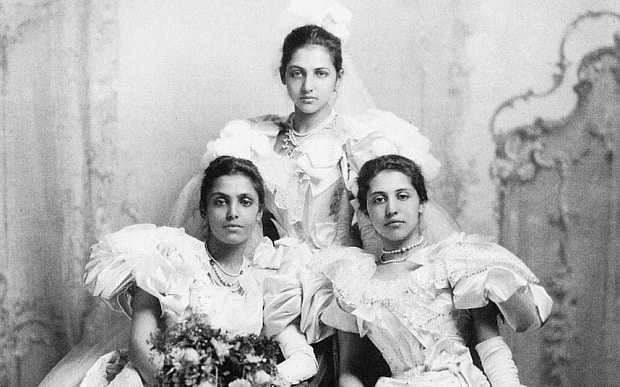On the 6th of February 1918 many British women were granted the right to vote, as the Representation of the People Act 1918 was passed by Parliament.
Although it was significant progress, it is important today to remember which women were given the right to vote. Only women above the age of 30, who were married or owned a property, could vote in the elections. There was still a lot more work to be done for all women to be seen as equally eligible.
Let me ask you this. Are rights given by the privileged in society really an expression of what the oppressed fought for, or are they the product of what the privileged feel willing to concede?
Historical narratives do not boast the names of all that are important to the story. Particularly women. This is precisely why history could be perceived as ‘His story’. I remember in primary school and high school, my education documented history as if only men had lived in the past. The narratives of women in history were almost seen as less important. The centenary of women’s Suffrage will hopefully change this.
Hidden narratives in history are the most important ones, as they give history a holistic approach and allow us to reassess historical events. The hashtag #100 years on twitter reveals an array of opinions about what the Suffragette movement meant for British women today. One name that caught me by surprise was that of Sophia Duleep Singh’s, as her story reveals that non-white women were also part of the movement. Within Anita Anand’s book; ‘Sophia: Princess, Suffragette, Revolutionary’, the lesser known story of an Indian Suffragette is told. That of Sophia.
Maharaja Duleep Singh, the Father of Sophia and a Sikh prince, was living in exile in Britain. Sophia was a crucial part of the Suffragette movement: throwing her body in front of the Prime Minister’s car in pursuit of a voice for women.
I question why Sophia’s name is not mentioned in the books of history as frequently as the names of white, elite women. Are revolutionary moments in history only considered important when they are told from the perspective of the elite and the white?
On February 9th I attended an event at Leeds Civic Hall to mark 100 years of British women’s suffrage, hosted by a local charity; Women’s Lives Leeds. The 124th Lord Mayor of Leeds Councillor Jane Dowson (the first woman to be Lord Mayor of Leeds) gave the opening speech. It was ironic that I was sat in the Banquet Hall celebrating the right to vote for British women, whilst the writing around the walls celebrated the history of men. I searched for a name of any notable woman in Leeds and mentioned the lack of this to my table. One woman made a revolutionary suggestion. ‘Maybe we should graffiti our names on the wall’.
So does the centenary of the vote mean that the battle is over? Of course not. The #metoo movement on twitter still went viral. It revealed the magnitude of sexual harassment and assault, and the necessity for feminism and a fight for equality. In the words of the late BBC journalist Sue-Lloyd Roberts: misogyny is so normalised, that it’s not even seen as a problem today.
Sana Hussain
Photo credit: Peter Bance, http://www.telegraph.co.uk/books/what-to-read/sophia-princess-suffragette-revolutionary-by-anita-anand/

